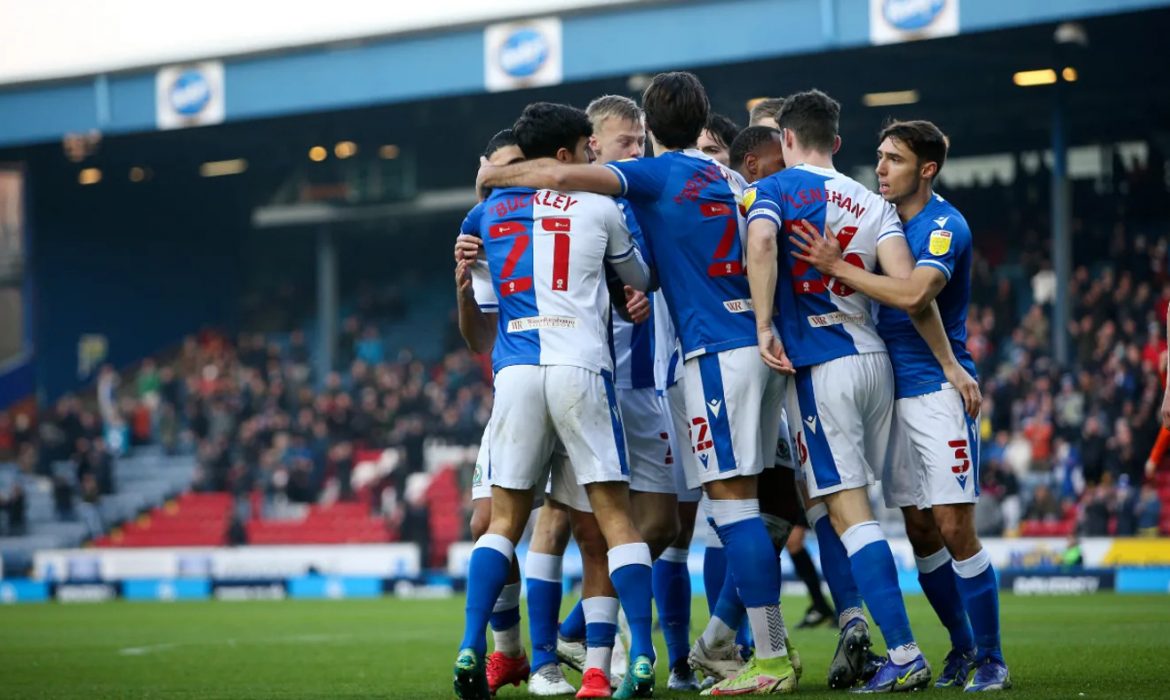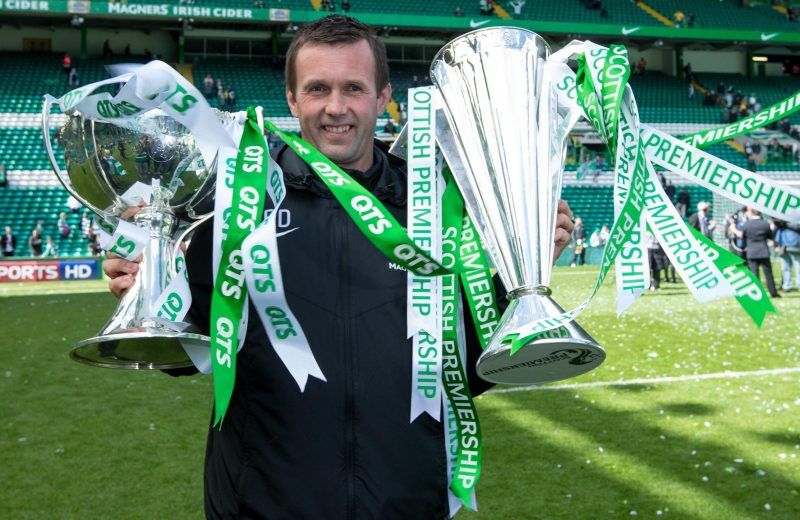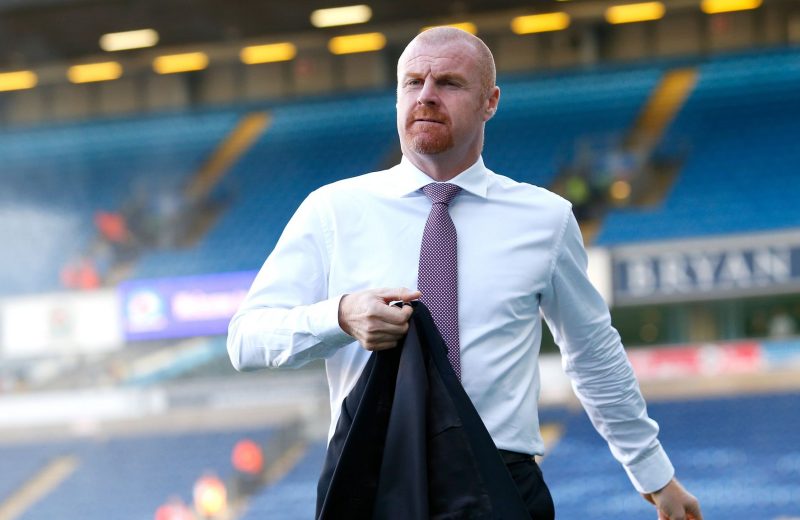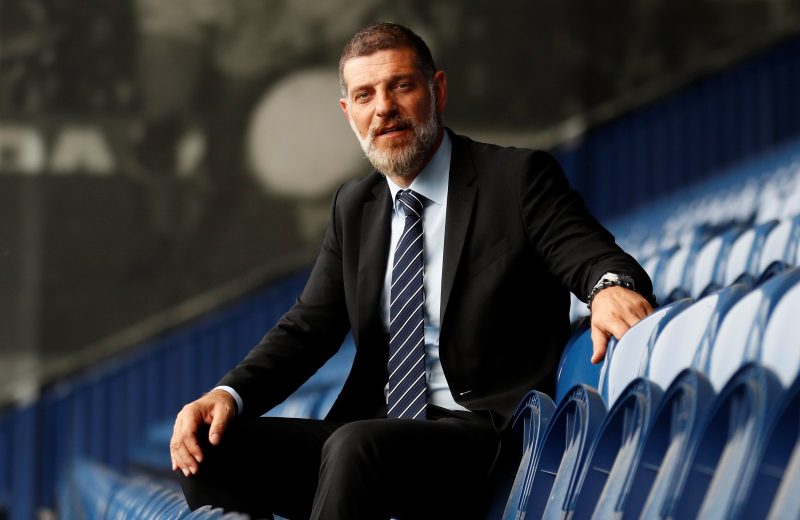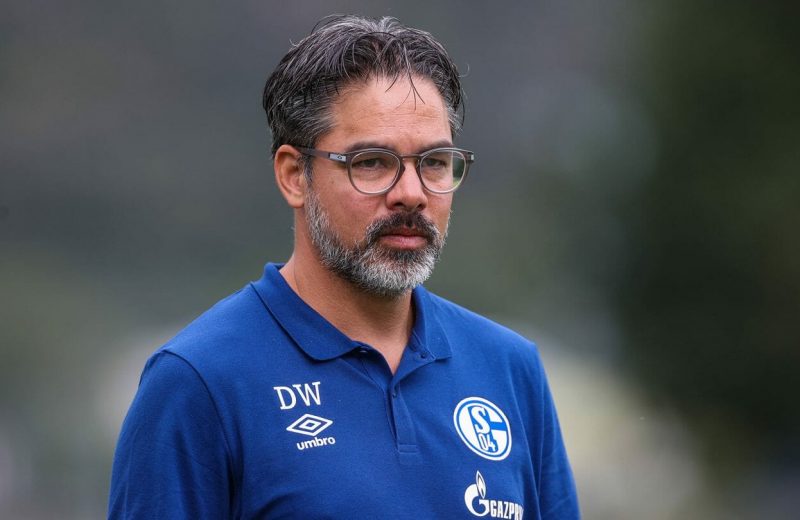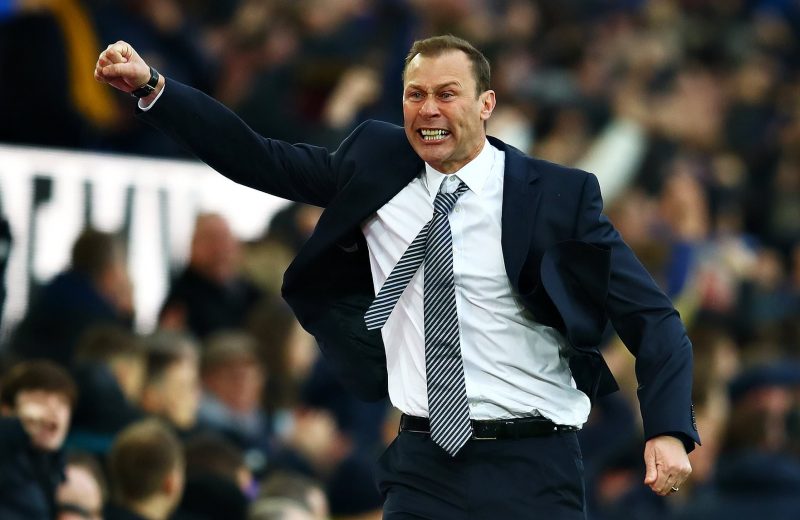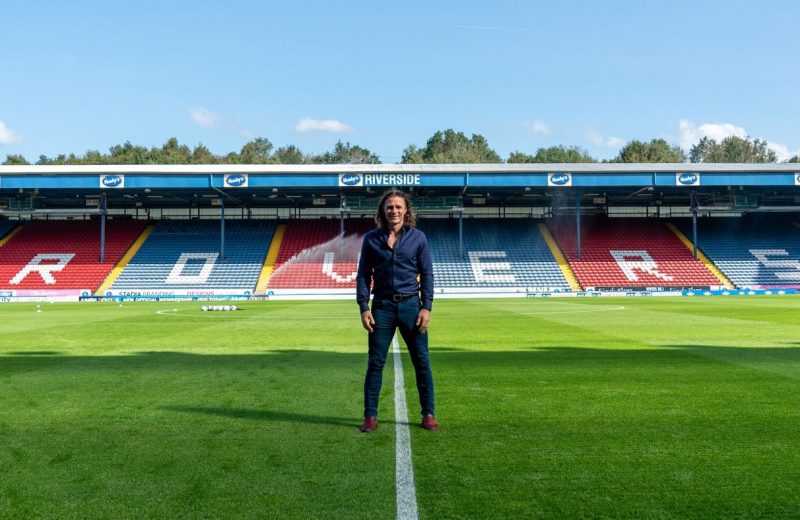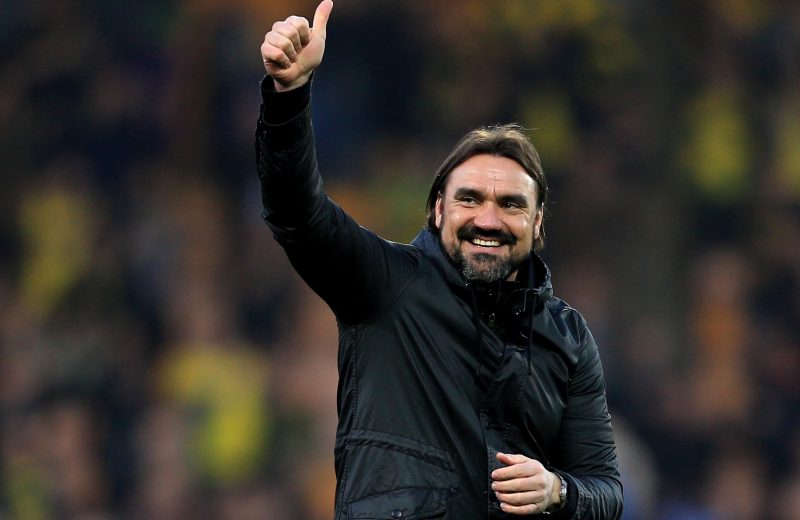For so long at Ewood Park, Blackburn Rovers have been stuck in a ‘Desert Rose Band’ routine where the club found itself a victim of false ambition and New Year blues. Yet, this time around, it seems like Tony Mowbray’s men have finally discovered that blue and red – and a tinge of yellow – create purple; the exact colour of the patch that Rovers find themselves in.
If you’d have told me, on the first day of pre-season, that Rovers would enter 2022 sat in 3rd place and would be two points away from leading the division, I would have questioned your sanity and asked where your time machine was, but that’s where we find ourselves and it’s a merited position, as well. But as Jon Bon Jovi so eloquently bellows in his four-week chart topper: ‘Wooooah, we’re halfway there, Wooooah livin’ on a prayer, Take my hand, we’ll make it I swear, Wooooah, livin’ on a prayer’, and us Rovers fans are certainly riding the crest of the wave as well as ‘livin’ on a prayer’ after 23 of the 46 games. Whilst this isn’t a comprehensive analysis of one of the greatest musical hits of all time, the lyrics do offer a good bearing to where Rovers and us fans are at this moment in time: euphoria amid the madness.
You’ll be forgiven for reading the introduction and thinking to yourself; ‘What on earth does Zeid mean by the ‘Desert Rose Band routine?’, because I highly doubt it’s a phrase known to anyone bar the brain between my ears, so it’s only fair to briefly elaborate. Well, the chorus of their 1987 hit, ‘One Step Forward’, is one I like to metaphorize for football and particularly Rovers: ‘One step forward and two steps back, Nobody gets too far like that, One step forward and two steps back, This kind of dance can never last’. Although the song may be familiar to players of Grand Theft Auto: San Andreas – and that’s not why we’re here, so sorry to everyone who’s now playing it off the back of reading this – it virtually encapsulates how Rovers have been for the past decade, and particularly the past couple of years where their search for a footballing identity since promotion from League One has found them lost and at times, in freefall.
Although things are always easier in hindsight, the idea of Rovers having to retreat and start from scratch many times under the same stewardship is, not only why the song is rather poignant, but also why their rise up the division this season, has been so impressive, despite the numerous stumbling blocks they have overcame. – I promise that we’ll be focussing on the football from now on, but in a more apt comparison of Rovers, the term, ‘One Step Forward, Two Steps Back’, was the title of a 1904 piece of work by Lenin, and it was sub-headed with ‘The Crisis in Our Party’, which is arguably a stronger comparison to how Rovers have fared in recent years!
As a history graduate, I couldn’t not mention that!
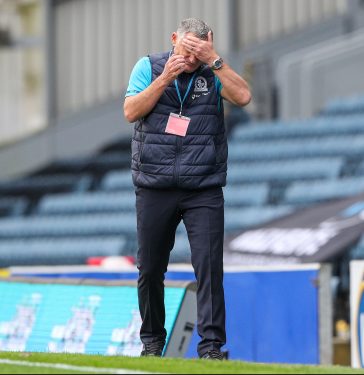
So, ANYWAY, back to the football!
We all have New Year’s Resolutions, whether that’s to exercise more, give up alcohol or to learn a new skill, but Rovers will undoubtedly be aiming to change their undesirable trait of sinking in February. Rovers are currently midway through their fourth Championship campaign since rebounding from the depths of League One, and in two out of the last three occasions, they have found themselves faltering in February, for reasons which have puzzled many within the Blue and White fanbase.
In 2018-19, Rovers were three points off 6th after comprehensively beating Hull City, 3-0, at Ewood Park in their final January game. Following that, they then failed to win in their next seven, picking up only one point, which came in a 2-2 away draw against Birmingham City. The pain didn’t stop there, however, as despite halting the winless run with a 3-0 home win over Wigan Athletic in early March, the team would go on to lose their next three, before ending the final six games of the campaign with four wins, a draw and a loss to then-champions, Norwich City, as Tony Mowbray’s outfit ended the season in 15th, a whopping 14 points away from the final playoff spot.
2019-20’s February wasn’t as abhorrent, yet the appearance of the global pandemic and the delaying of the season saw Rovers’ campaign spiral out of control. Prior to March’s COVID stoppage, Rovers’ February saw them pick up 10 points from a possible 21, with two wins, four draws and a loss at home to Fulham. Their only game in March saw Tony Mowbray’s men lose 3-0 away at Derby County, before football was halted until June, with Rovers again teetering on the cusp of the playoffs in 8th place and only three points behind. The return to action in the summer months hit them hard, however, as they only managed another three wins from the nine league games they had remaining, as they once again tumbled down the table and finished in 11th place, but this time, with a more respectable seven points away from the playoffs.
2020-21 came with high expectations, given the promise of free-flowing football, in which Rovers aimed to dominate the ball. Although the season was to go on behind closed doors, optimism emanated from Ewood Park for the first-time since returning to the Championship, as Tony Mowbray openly stated his ambitions of wanting to finish in the top six and made signings to match such calls to arms. The additions of promotion winners, Barry Douglas and Tom Trybull as well as highly-rated starlet, Harvey Elliott – all on loan – saw Rovers try and adapt from playing a more direct game into the now-retired Danny Graham, to prioritise holding the ball and crafting chances out. Although, as mentioned previously, things are easier to analyse in hindsight, the philosophy never really looked one Rovers were comfortable with. Despite the season starting in September, Rovers played well in spells, but were ultimately let down again by their February form, as the side were only three points off the playoffs following an unbeaten January, but a winless February saw Rovers start March, not only with a defeat, but 13 points behind the playoffs, as they dropped to 15th – 20 points off 6th placed AFC Bournemouth – which is where they’d end the campaign.
Rovers are now embarking on their best season since relegation from the Premier League back in 2011-12 and hope to mark their decade away from the top-flight with an underdog return, which given the journey this club has been on, will be rather remarkable if it does come off. As Rovers currently find themselves third, with a rather ‘friendly’ upcoming fixture list, it’s a wonder how far this young side can go. A rather hilarious point that caught my eye when glancing at the fixture list was that the structuring of the games almost depicted laughter, through the ‘home and away’ assignment. That realisation reminded me of an old Simpsons clip from a Halloween episode, where Homer gets attacked by a Krusty the Clown doll and believes that the toaster is conspiring against him! – A terrible meme, and equally bad Paint skills, I know…sorry!
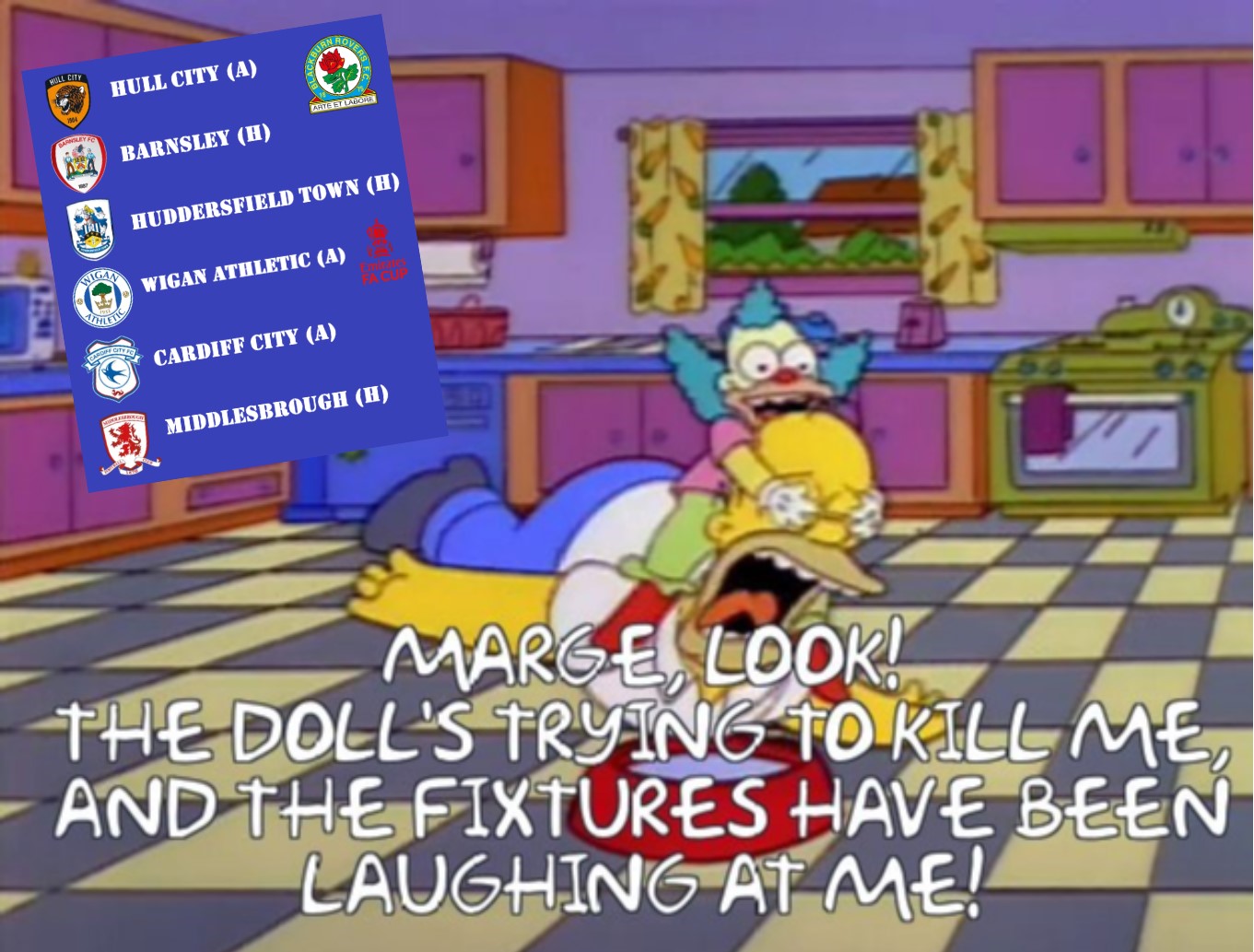
As I mentioned, Rovers are having their best second tier campaign since dropping out of England’s elite, as the table below suggests. All the credit is due to the manager and his young players as they managed to rally against adversity and have put themselves in an incredibly strong position going into 2022, yet, when you look at the quality of the squad, it shouldn’t really surprise you that Rovers are where they are. Despite having the second youngest squad in the league, at 23.9 years of age, according to TransferMarkt – with Barnsley’s 23.2 being the lowest – the individual quality, know-how and nous within the ranks far exceeds that of their age bracket. Their performances during the first-half of the campaign equally suggest that the team are maturing like fine cheese and wine – oops, too soon(?).
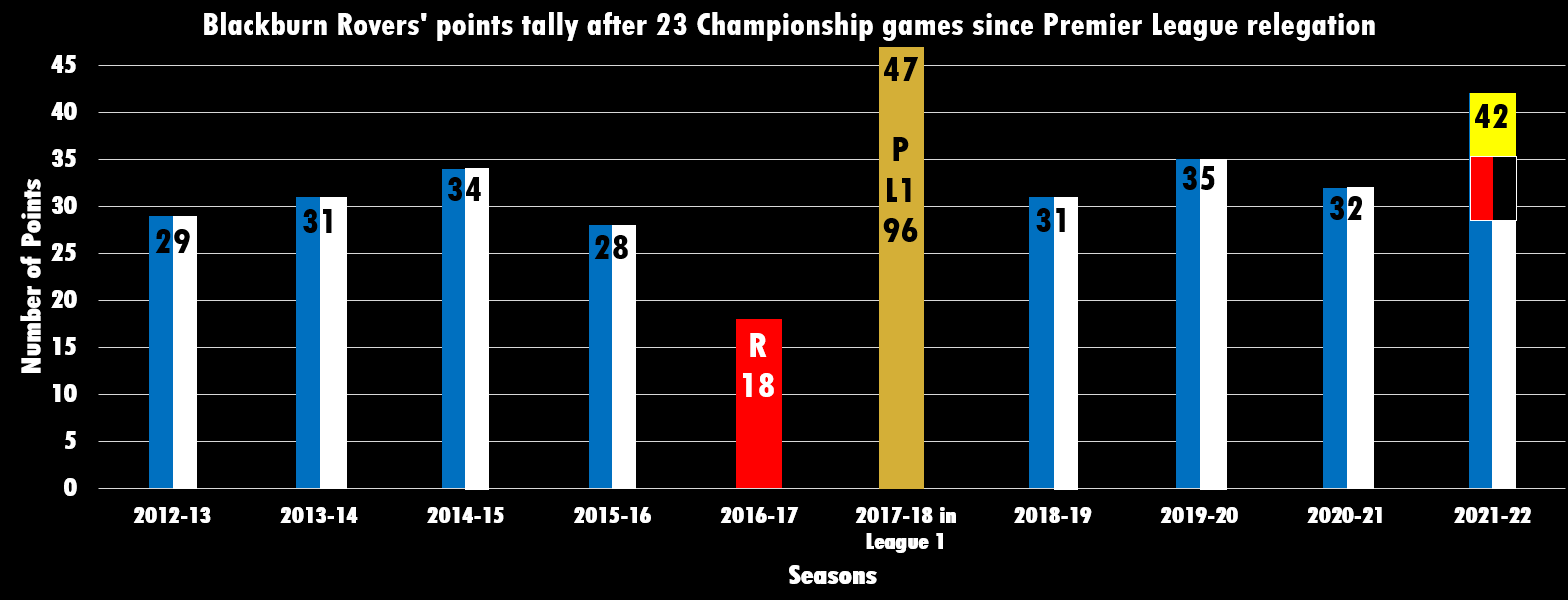
One huge factor to Rovers’ improvement over the past few months has been the switch to the 5-3-2 system, which has provided the side with a solid foundation to work from. As mentioned in my pre-season rant, I called for the manager to stick with the five-back system he had trialled in pre-season, in the home friendly against Leeds United and in the first-half of the away friendly away at Bolton Wanderers. Rather ironically – and unusually for me – something I called for has actually paid off, yet I don’t think I’m allowed to take credit for Rovers’ meteoric rise. The returns to fitness of defensive duo, academy graduate Scott Wharton and Championship stalwart, Daniel Ayala have been crucial in aiding skipper Darragh Lenihan marshal opposition strikers, as well as allowing Ryan Nyambe and Harry Pickering to excel down the flanks with less focus on their defensive duties as they would have in a flat four. One must not forget the towering presence of 6’2” Dutchman, Jan Paul van Hecke, on-loan from Brighton and Hove Albion, who has settled in well at Ewood Park, after a rocky beginning. Any self-respecting manager will tell you that clean-sheets are the most important thing in football, as they keep you in any game and Rovers have managed to craft a balanced defence who are as comfortable with the basics as they are with the flamboyancies of the game. The graph below highlights the total number of shots that Rovers have conceded thus far (FBRef) vs the expected and actual number of goals they have conceded, (InfoGol).
NOTE: Rovers have not conceded any penalties this season, so the stats obviously exclude spot-kicks.
I know, I’m surprised as well!
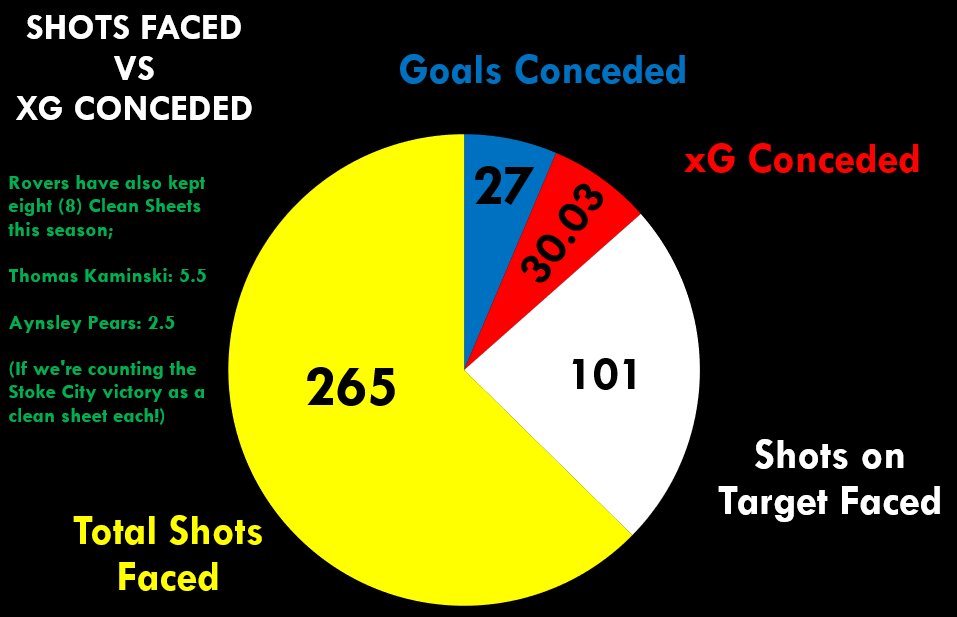
As we can see, relative to the number of shots that Rovers are allowing, in accordance with their xG conceded, they are faring better than the statistics would suggest, yet of course, the mauling by Fulham has skewed the data enormously. Although there has been some controversy in recent weeks regarding the whole ‘underlying data’ saga, we must remember that luck, form, and other external factors – particularly with the state of the world – plays a huge impact in how a game can go, let alone a full 46 game season, yet one can only go off what the cold, hard figures suggest.
Whilst there might be an argument to display the defensive partnerships that Rovers have used this season, the side’s success is arguably more impressive given that Rovers haven’t been able to settle on a fixated defence, even in the recent run of five unbeaten. Of the 23 league games played, Darragh Lenihan has played the most with 21, with Ryan Nyambe closely behind him with 18 games, before third-place is jointly held by Harry Pickering and Daniel Ayala who have both made 17 appearances. The impressiveness of this run, alongside that of the rotated defence, which saw changes forced mainly due to injuries and suspension, is also the fact Rovers continued on a high when Thomas Kaminski was injured, as Aynsley Pears proved he was a capable back-up, in the victories against Stoke City, Preston North End and AFC Bournemouth. To emphasise the brilliance of Rovers’ defensive capabilities this season, Tony Mowbray has only named an unchanged eleven, three times this season – away at Millwall, Bristol City and Bournemouth – yet, in the home games against Preston North End and Birmingham City, the only change to the sides, came in goal, when Thomas Kaminski and Aynsley Pears swapped places. One can look at it whichever way they like, however, the solidity of the defence even with two different goalkeepers, still rings incredibly impressive, given the small size of the squad and the coaching staff and players deserve immense commendation as a result.
I’ve skirted around it, and only mentioned it briefly, but the audacious defeat to Fulham proved to be the exact booster that Rovers needed in order to excel them into the position that they find themselves in. You could say that it made them immune to defeats! – I am so sorry if I’ve jinxed Boxing Day… Anyway, after Rovers suffered their heaviest ever home defeat at 7-0, which came at the hands of a free-scoring Fulham, Tony Mowbray and his side have rallied back in ferocious force and taken the rest of the Championship by storm. From the seven games that followed their battering, Rovers have topped the Championship form table and have taken 19 points from a possible 21 and kept five consecutive clean-sheets in the process; a rear-guard effort that has not been matched since the 1996-97 season.
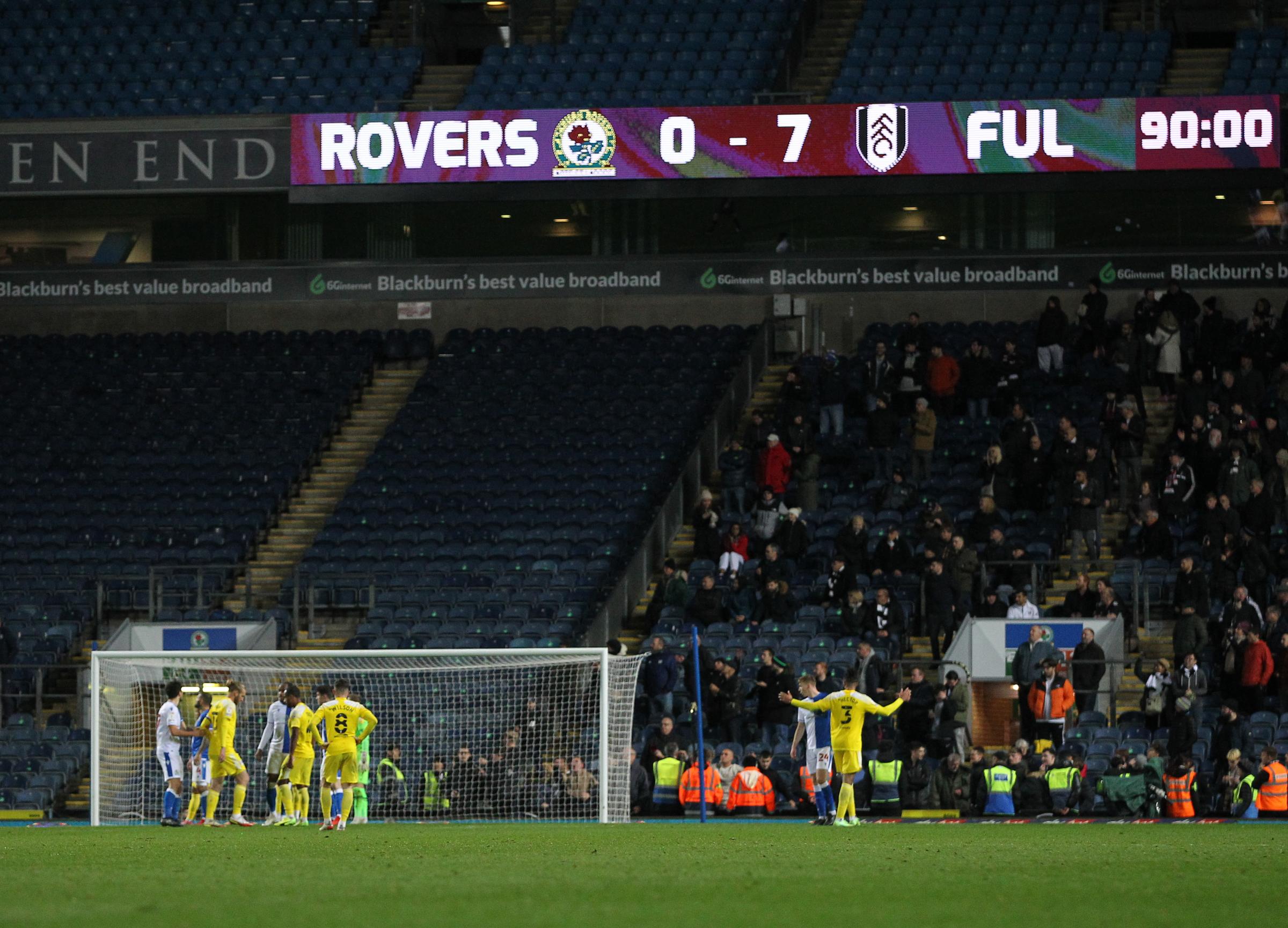
Although one could joke and say that the Fulham defeat was the ‘best thing that ever happened to this group’, the reaction from such an embarrassment proves that the side that Tony Mowbray has built, is capable of proving their doubters wrong, and strong enough, both technically and mentally to compete towards the upper echelons of the division. Despite currently sitting third in the division, Rovers are top of the home table, with the most home points, (26), the most home goals, (28) and the most home victories, (8); maybe the absence of a crowd at Ewood Park was the reason behind Rovers’ suffering, last term? As we all know, Rovers’ home form up until the curtailment of football in March 2020 was outstanding since Tony Mowbray’s arrival, with Rovers notching; 36 wins, 24 draws and just 12 losses from 75 home games, an impressive 48% home win ratio since taking over at Ewood Park.
Alongside that, as the brilliant people at playmakerstats have displayed, Rovers are currently sat amongst elite company, as being one of only four teams to not have conceded a league goal in over 500 minutes of football, which, once again shows the quality of the defensive unit.
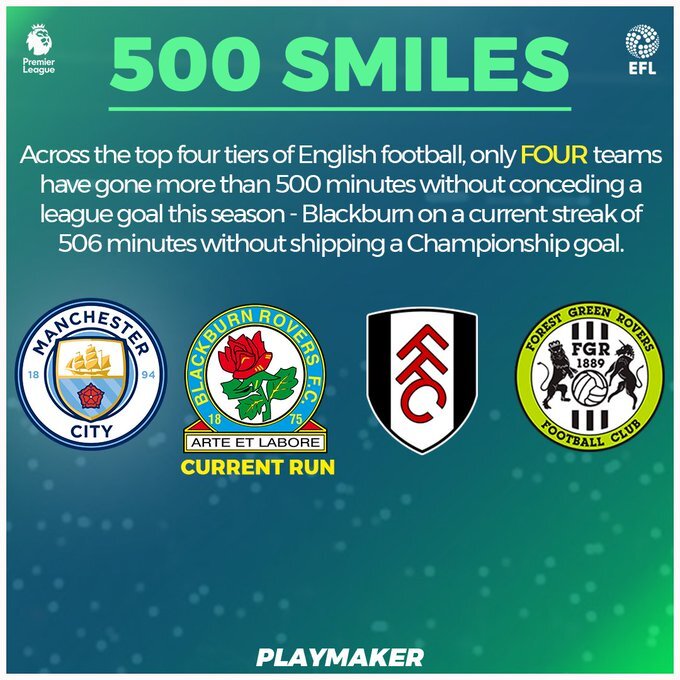
Earlier, I hinted at how Mowbray was hoping to take the club in a different direction by focussing on possession-based football. As I’ve mentioned numerous times on Twitter, and in the previous rant, not only do I think possession football is overrated, but I found it baffling how Mowbray thought it was a good idea for this team to open itself up for counters – particularly at Ewood Park, where the state of the pitch has been questionable in the winter months over recent years – despite us having a history of being poor defensively since relegation from the Premier League – even in League One, we only kept 17 clean sheets from 46 games, a whopping 10 behind eventual champions, Wigan Athletic!
Ultimately, I got what I wanted, I guess, and we now have a Rovers side who, despite the huge turnover in personnel, are now looking to find a balance between building from the back when possible and hitting teams on the break with the pace of the likes of, Ben Brereton Díaz, Sam Gallagher, Tyrhys Dolan and Reda Khadra, among others. Although Mowbray’s change in style is proving to be effective with the results, as noted earlier, football is full of luck and fine margins. Although, I would argue, that the football is more attractive this season than last, the returns are incredibly similar to last season, in terms of goals scored and conceded at this stage of the campaign, yet Rovers – despite having a 28-goal forward in Adam Armstrong (in the league) – are performing above their station this campaign in terms of the results, which reaffirms the fine margins of the division and how tight each game is.
The graph below highlights the fine margins between both, 2020-21 and 2022-21 after 23 games.
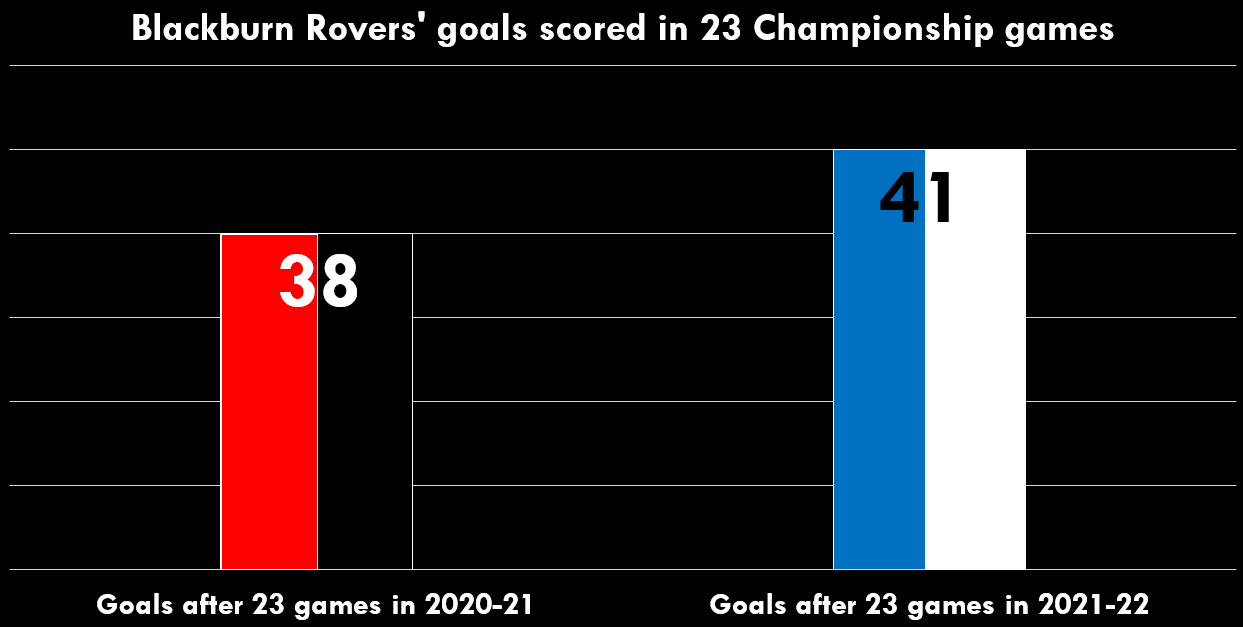
As you can see, there’s very little between the two seasons, but although it would be typical or rather lazy of me to say, ‘oh, luck is now on our side’, or something of the sorts, I genuinely believe that our defence has found a balance, particularly with the return of Scott Wharton, and that balance, as noted previously, has allowed the players ahead of them to flourish more often this season, than they did last. You know what they say; ‘Defence wins you Championships’.
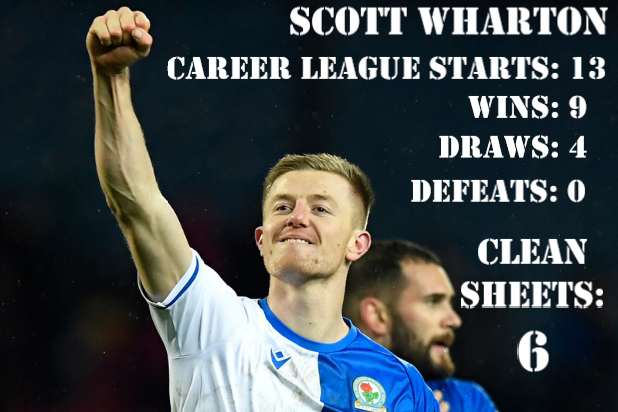
The importance of the defensive unit shows how far Rovers have come in just under a year. Speaking after Rovers’ 2-1 defeat away at Huddersfield Town in Rovers’ final game of 2020, Mowbray highlighted the fragility of his side – then without Lewis Travis – calling for them to become more sterner in their defensive duties:
“I showed them before the game, that we were tied on goals scored with Bournemouth, that we’ve had the most shots on target in the league and our expected goals (xG) is the highest in the division and yet we’ve got a soft underbelly that’s reared itself tonight.”
– Tony Mowbray
It seemed like I wasn’t the only one who seemed to be aware of Rovers’ lack of consistency when attempting to develop a possession game, as Mowbray himself began to air his frustrations publicly with how his side had failed to put their stamp on games for their own benefit.
“I don’t want to keep talking about 60-70% possession and have no shots or goals to go with it.”
– Tony Mowbray
Rovers 1-1 Swansea City
09/03/2021
“We had all of that dominance and possession in the games, and we ended up finishing nowhere in the table. Someone showed me a statistic that said we had the second-highest average possession and the highest number of shots at goal throughout the whole of last season, yet we finished 15th, which is worthless.”
– Tony Mowbray
Rovers 5-1 Cardiff City
25/09/2021
“We can’t dominate every game; last year we had lots of spells of possession against teams and we still didn’t manage to win as a result. We’re trying to find a balance this year of trying to pick up results without as much possession…”
– Tony Mowbray
Rovers 2-0 Hull City
14/09/2021
…And it seems you’ve fine-tuned this team to perfectly suit that balance, Tony!
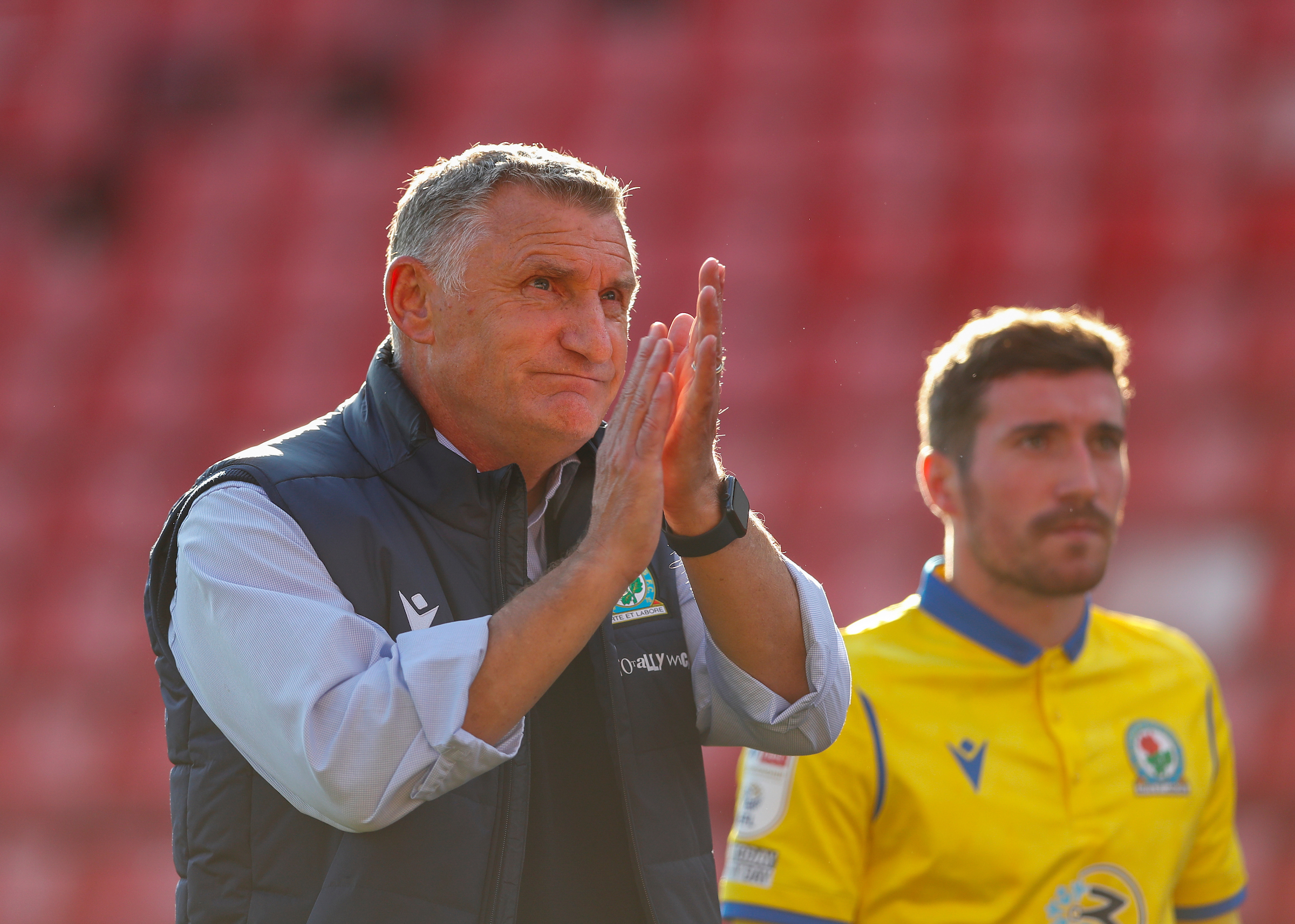
It’s incredibly interesting to compare the variety between this season and last season’s possession stats, given the huge gulf between the positioning of Rovers in the league table and the average percentage that the side have held. Although this is a comparison between one full season and half of the next, the disparity is that eye-catching, it warrants attention.
Although I covered defensive xG previously, the offensive xG comparison, between the two styles and seasons, is equally impressive due to the disparity with the final result.
IMPORTANT: (2020-21 and 2021-22 possession data from FOTMOB – of course, the games that have been postponed are not accounted for in this season’s statistics. – xG data from footballxg – The 2021-22 table includes all of the games played this season up to Saturday 18th December and does NOT include Fulham’s 0-1 home defeat to Sheffield Utd – of course, the postponed games are also not accounted for.)
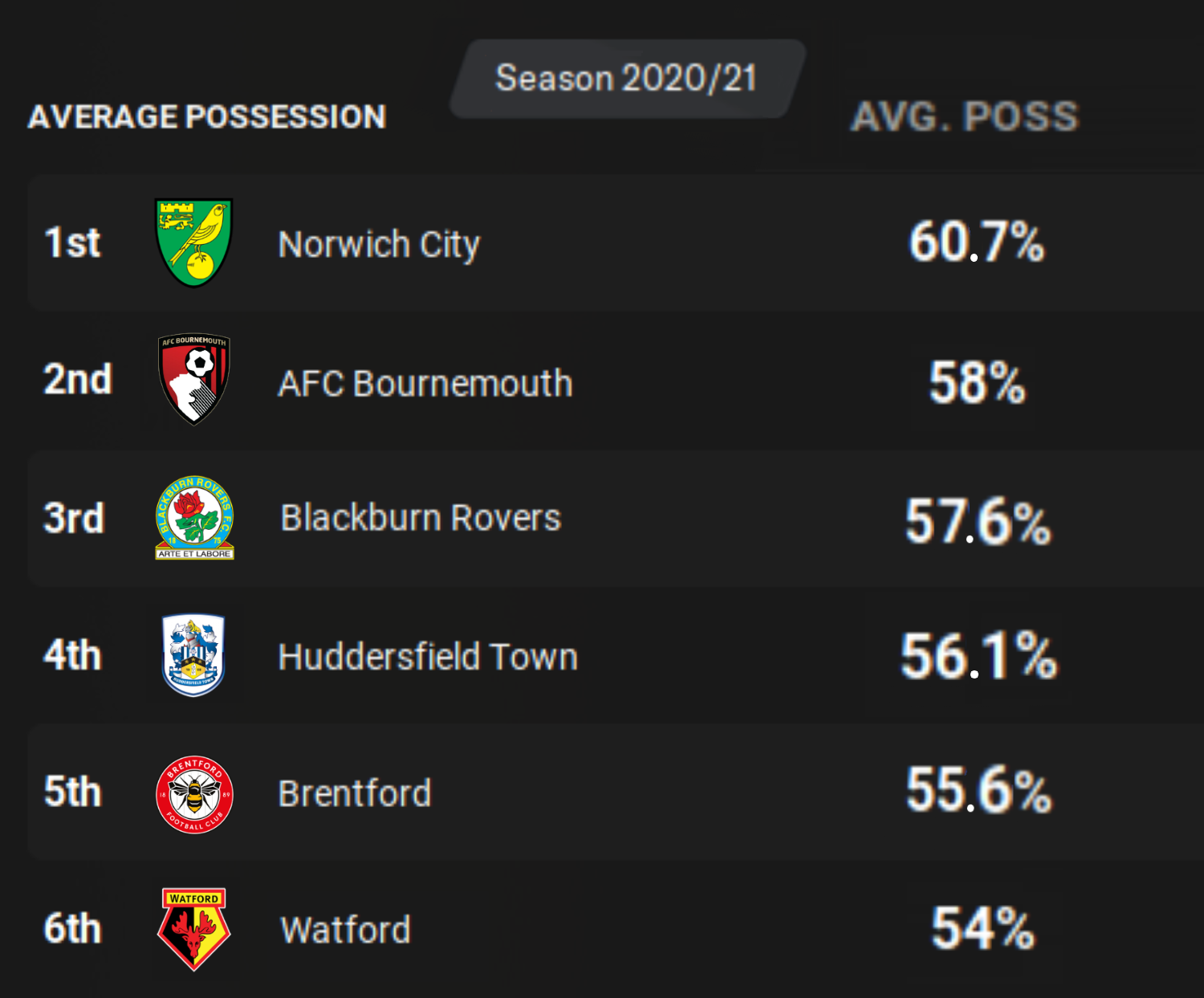
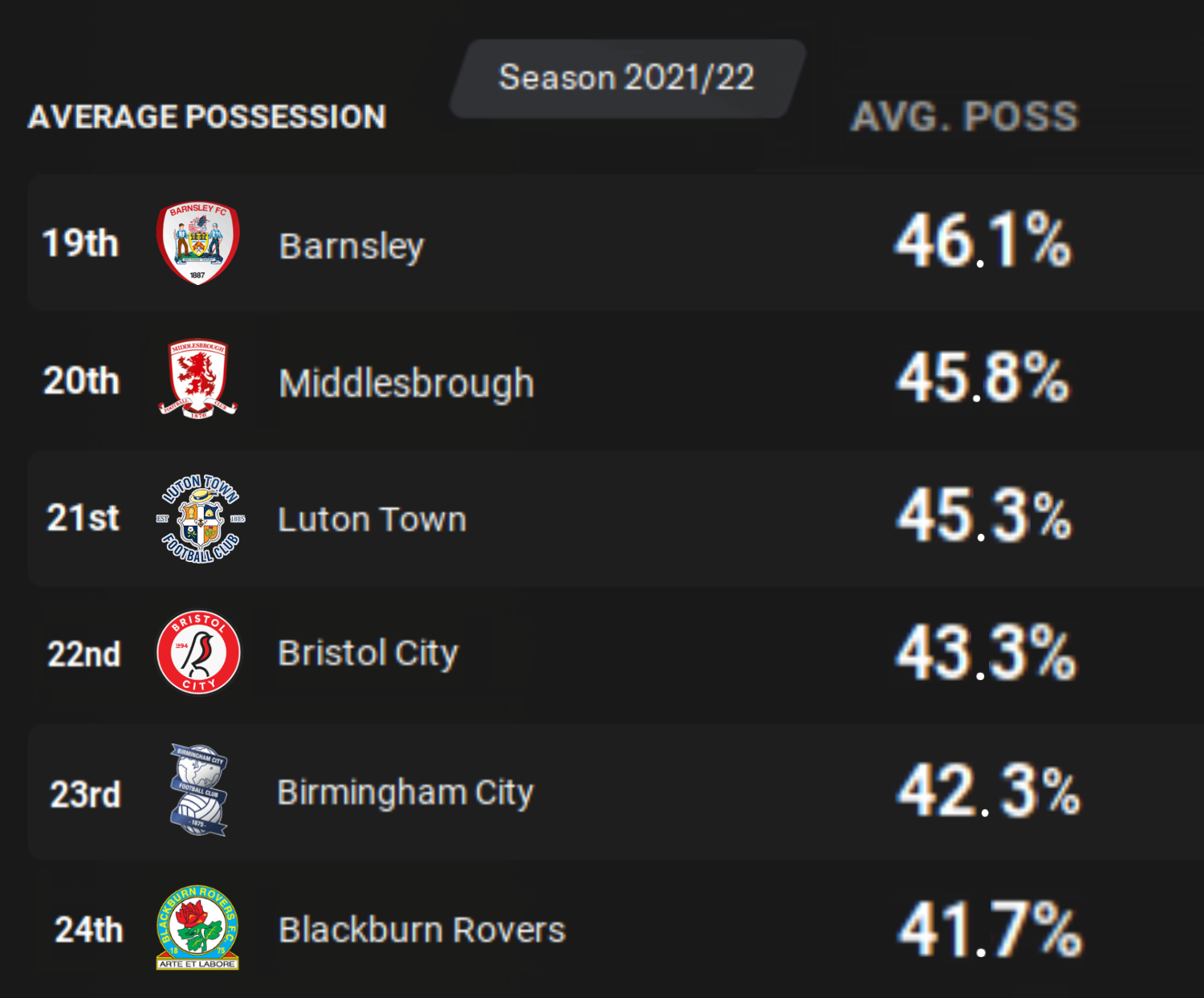
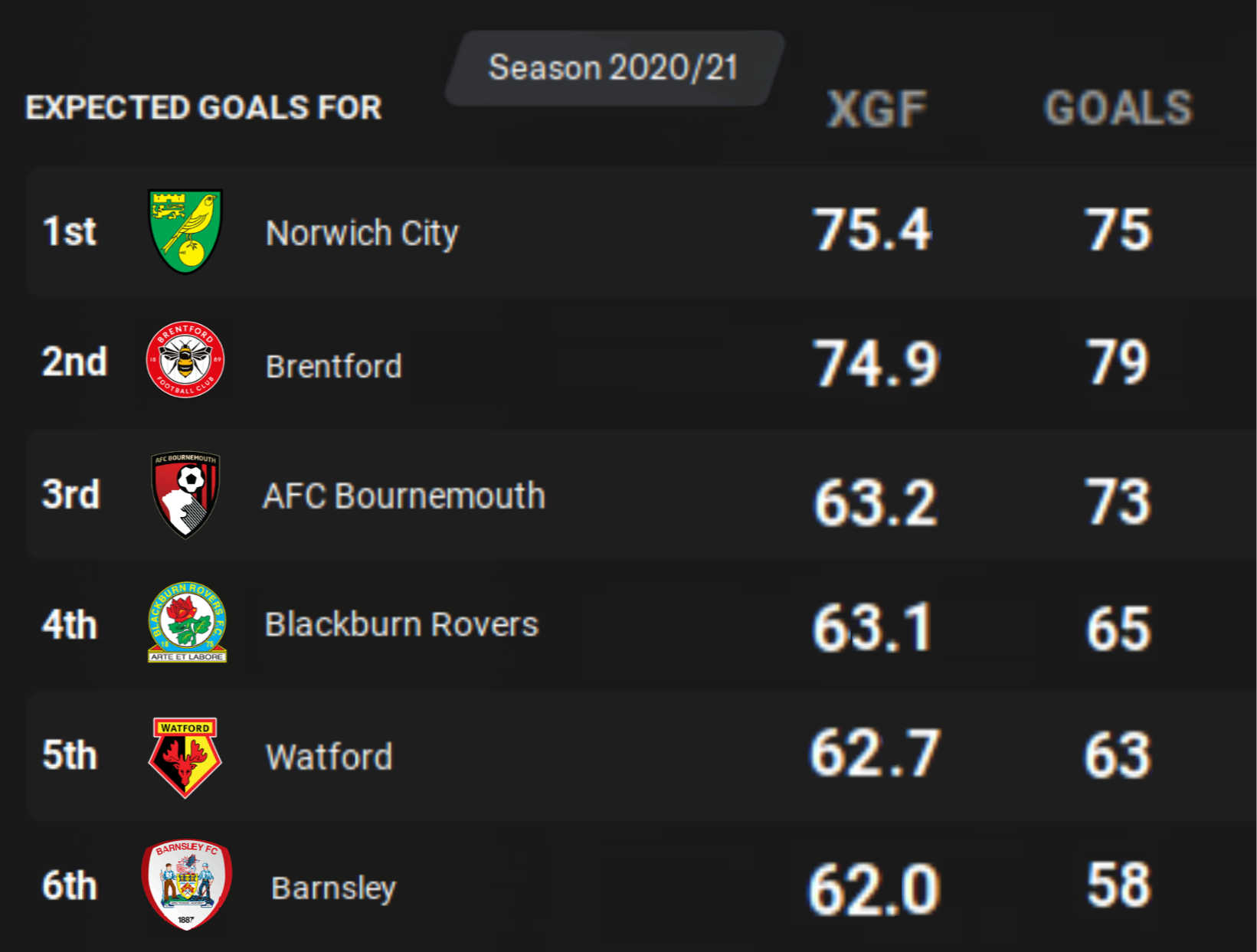
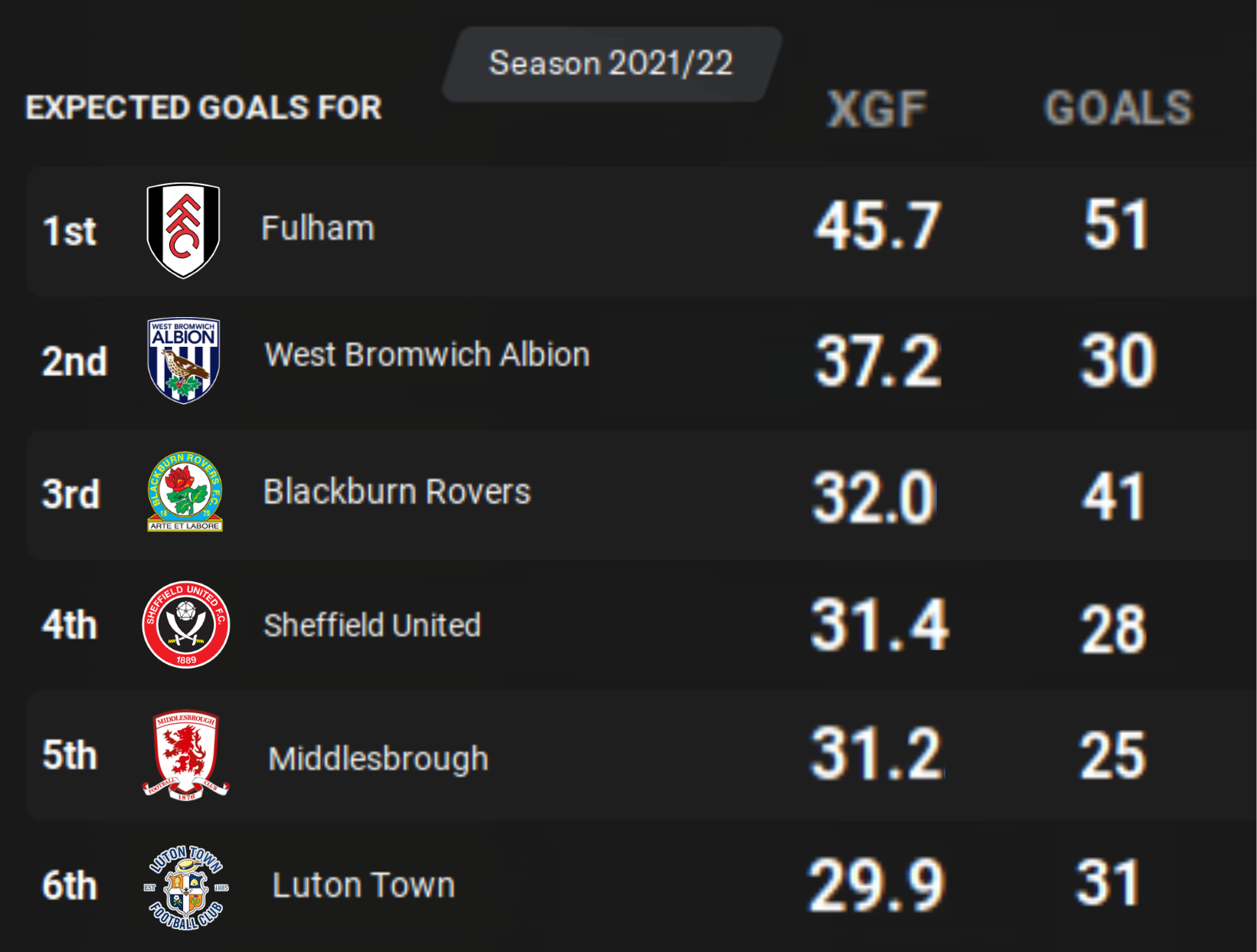
When considering the figures for both seasons – although we are halfway through this term – the number of goals for the expected position in the league table shows that Rovers are performing at a similar rate this season, to how they were last, but are creating better chances and are converting them more often this season, hence why Rovers have scored 11 more than they are typically expected to have done. Although one could argue that results such as the 5-1 win over Cardiff City and the two 4-0 victories over Peterborough United and Birmingham City, respectively, have inflated such figures, it shows that Rovers are doing the right things at the top end of the pitch more often, this season, compared to last campaign.
Without wanting to dwell on it further, I must highlight the opening day 2-1 victory over Swansea City as my favourite win of the season, to date. Not only because it was the first game, we were allowed back into Ewood, but the sheer hilarity of winning a game with 28% possession – albeit through a penalty – never fails to make me giggle, yet the away side’s performance wasn’t as threatening as the possession may suggest. Although Swansea did notch a goal, Rovers ended the game with 21 shots, ten of which were on target, to Swansea’s seven total attempts, where only four threatened Thomas Kaminski.
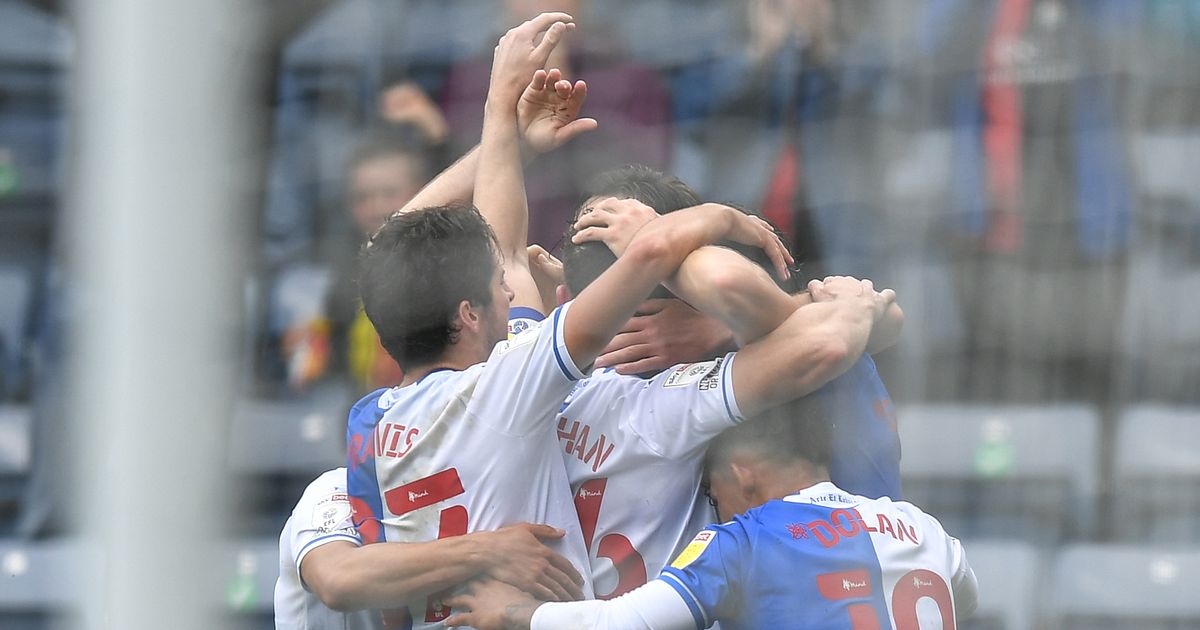
Amongst all the euphoria, Rovers’ parent company, Venky’s London Limited submitted their accounts for the financial year, up until March 2021, last week which revealed incredibly interesting and alarming figures. I’ll admit, I’m not good with numbers and finance, so the following explanation comes from Jaquob Crooke of LancsLive, who has brilliantly streamlined what this all means. – Click HERE for the full read.
‘Blackburn Rovers’ parent company Venky’s London Limited, who own a 99.99% stake in the football club, have posted losses of £21.4 million for the financial year leading to March 2021 in their latest accounts. The figure, which takes into account the impact of the COVID-19 pandemic, is a £0.6m increase on the previous year.
‘As the accounts only cover till March 2021, the figures do not include the £16.6m fee generated from the sale of the Senior Training Centre, nor does it include the transfer fee received from Southampton for Adam Armstrong, both of which will be published in future accounts.
‘One alarming figure from Rovers’ accounts is their wage to turnover ratio of 200 per cent, an increase of 42% from 2019/20 and has been continually increasing year-on-year.
‘Wages and salaries in total rose to £25.4m, an increase from the previous year and offers further insight as to why the club needed to part ways with several senior first-team figures during the summer, as they looked to alleviate pressure on their wage structure. Those subtractions will be published in the next set of accounts leading to March 2022.’
Of course, things were never going to be easy, given the impact COVID was always going to have on the attendances, and the whole ticket price debacle is something we’ve all, as supporters, had enough of talking about. Yet, all the adversity the club has seen, in the past two seasons alone, only shows how impressive the club’s place in the current standings are. Although the eye-watering financial situation and the general off-pitch issues are never ideal, particularly with the impending contractual situations of key players such as Ryan Nyambe and Joe Rothwell, among others; as discussed, matters on the pitch are going rather swimmingly.
With the imminent return of Bradley Dack, who’s expected to return to first-team action towards the end of January and the incredibly unanticipated, yet heart-warming rise of everyone’s favourite Chilean, Ben Brereton Díaz, Rovers look incredibly well-equipped to take on the new year with the same enthusiasm and desire they attacked the first-half of the campaign with. Saying that, the whole squad deserve barrels of praise, and I’d be here until next Christmas if I was to single them all out!
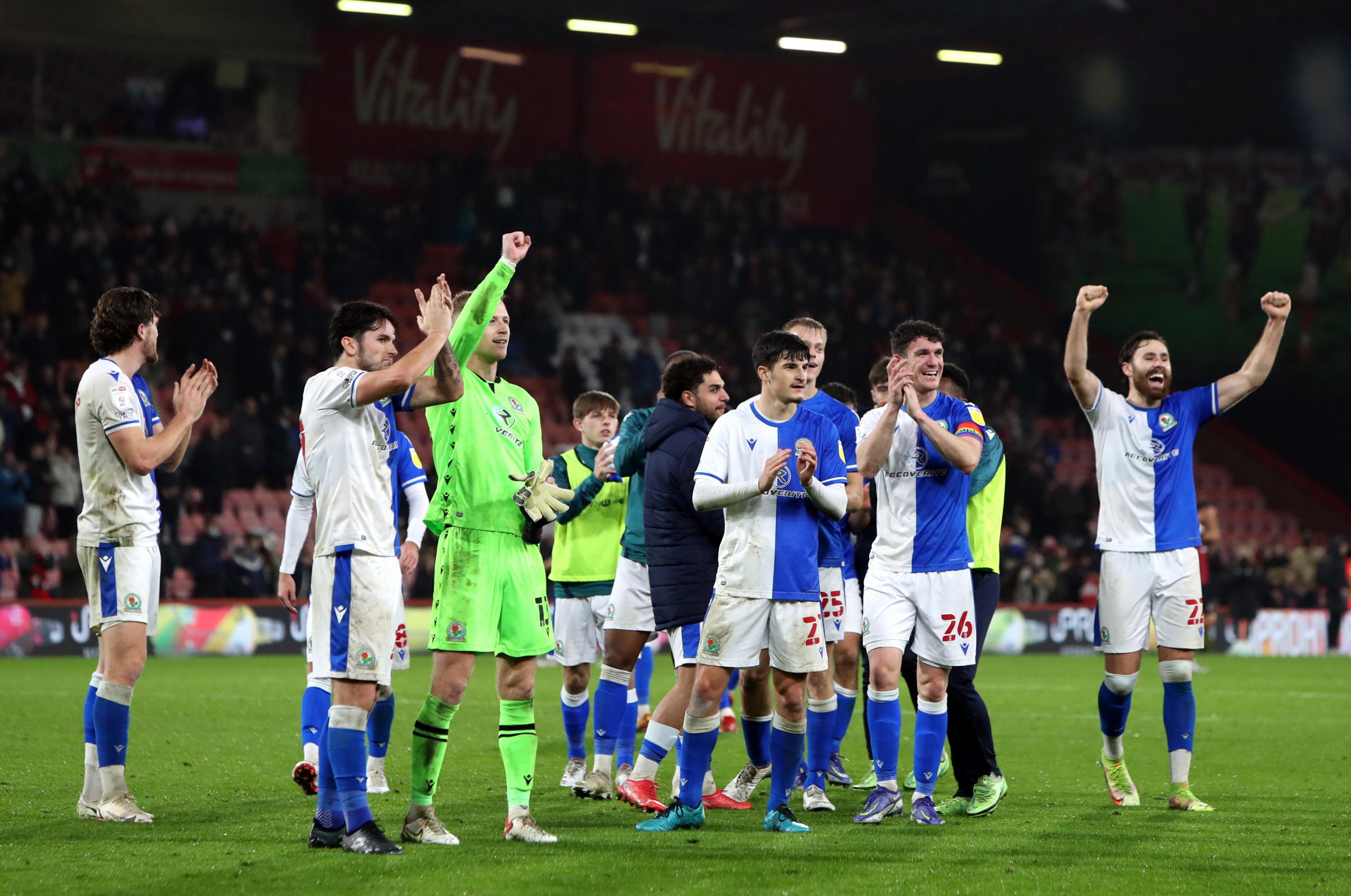
Despite the side losing a lot of experience and their main goal-threat over the summer, the sale of Adam Armstrong to Southampton for double figured millions, surely left many Rovers fans wondering where the goals would come from, this campaign. Yet, as the old adage goes, ‘Cometh the Hour, Cometh the Man’ and that man is one short of winning a lot of Rovers fans money! Yes, the aforementioned Ben Brereton Díaz has captured the hearts of the town and has propelled himself towards the top of the goalscoring charts, with 19 before Christmas Day, which is an outstanding achievement.
The 22-year-old has come on leaps and bounds this season, and whilst his rise to fame across the pond in South America has been well-documented, the praise the young forward has received is arguably not enough. Despite his outstanding goal-tally, Brereton Díaz – as he is now affectionately known as – has seemingly not only elevated his own game to the next level but has dragged his teammates up with him. Tony Mowbray has touched upon his team needing to work hard out of possession and Ben is one of a few players, who epitomises such. His relentless work-rate, as well as his speed is magnificent, more so when you take into account his height at 6’1”, yet his positional play and the qualify of his finish is what has propelled his game.
Arguably, playing football behind closed doors came at the perfect time for Ben to accelerate his development and hone his craft whilst also playing care-free football, without the pressure of the baying crowd. That spell without supporters allowed him to show glimpses of what he was capable of and this season has allowed him to assert that, his improvement was not a ‘flash in the pan’ and he is now beginning to repay both the money and the faith the manager put in him.
It’s a wonder whether Ben will beat Armstrong’s 28-league tally from last season, but with half of the campaign to go, you’d arguably be brave to bet against it happening.

Those of you who are old enough to remember Rovers’ last promotion from the second tier, in 2000-01 – not me funnily enough! – will notice that Rovers currently have the same record they did, prior to Boxing Day in 2000; 12 victories, six draws and five defeats. You’ll perhaps also remember that the season concluded with Fulham winning the division, whilst Rovers also gained automatic promotion as they finished behind them as runners-up. Sadly, Bolton Wanderers and Sam Allardyce aren’t around this time, to win the play-offs and potentially make things even spookier!
On the subject of weird observations – to my recollection anyway – Rovers always seem to perform well when they have a red and black away kit; 1994-95, 2000-01, 2017-18…who’s to say that this season can’t also be one to remember? Funnily enough, I ended the last rant – see below – with a quite tongue-in-cheek joke that we might win the league after I laid down my predictions for the season…just note I WILL be taking credit if the unfathomable occurs!

Or, *whisper it quietly*, we might end up like Homer Simpson did when he tried to jump Springfield Gorge…(yeah, you can probably tell I’m a huge Simpsons fan!)
Regardless, whatever happens in the second-half of the season, I hope these boys know that they’ve made a town proud and have taught us how to dream again!
To end, I would like to thank you all for reading my ramblings. I hope you’ve enjoyed reading my thoughts on where Rovers find themselves and I’ll see you for more content in the New Year!
Of course, as always, if you disagree with me over anything in this rant, or fancy discussing this fine football club off the back of this piece, feel free to tweet me: @readrovers.
Here’s hoping we can keep this remarkable vein of form running into 2022! ? ⚪
Stay safe, have a Merry Christmas and roll on Boxing Day! ?? ? ⚽
Cheers,
Zeid


